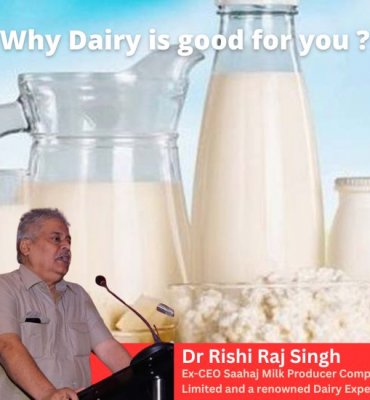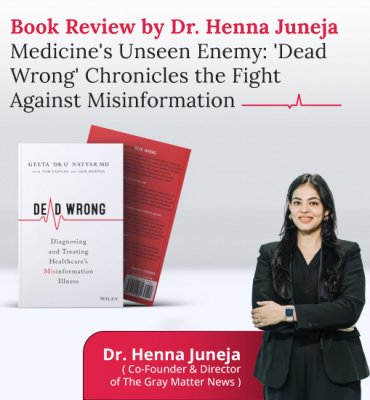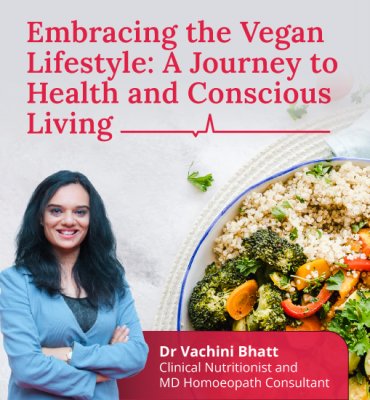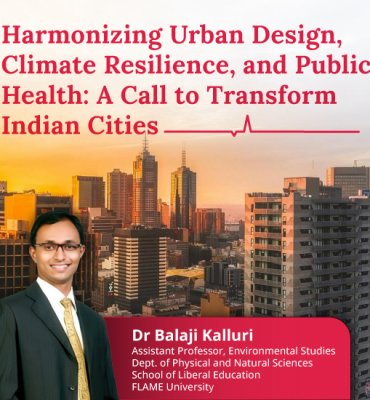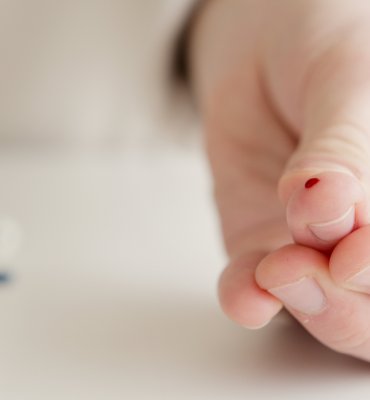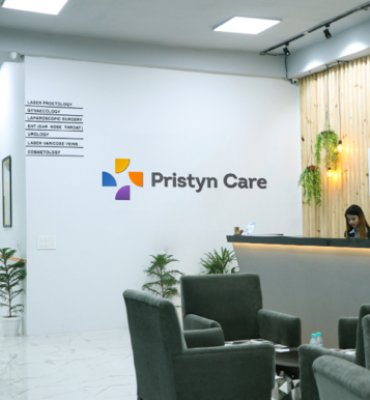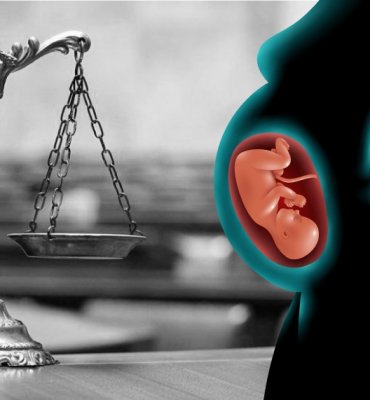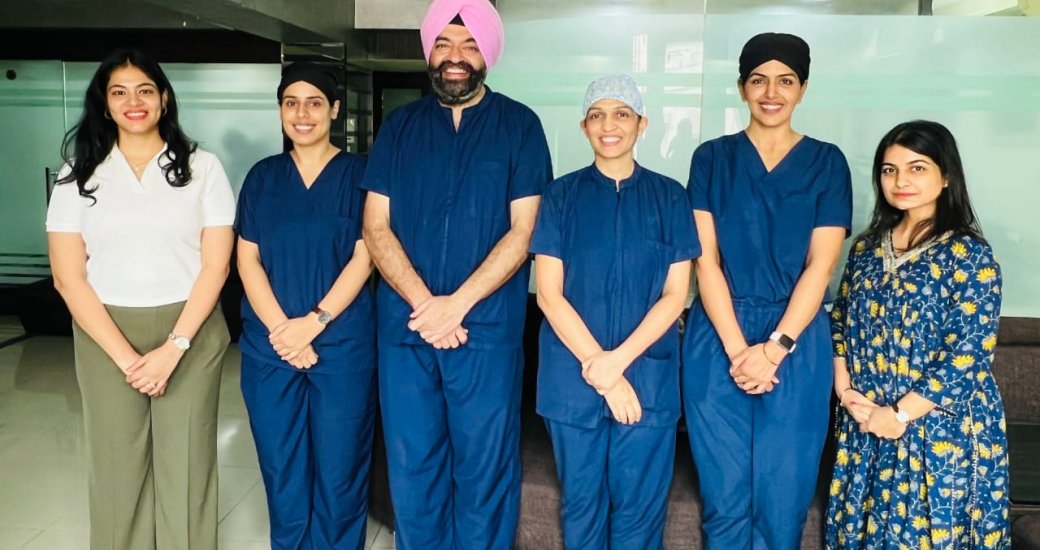
The landscape has changed with the rise of AI-managed aligner companies delivering aligners directly to patients' homes, without any involvement of orthodontists. This trend raises some valid concerns. Achieving a beautiful smile goes beyond just putting on aligners; it requires precise diagnosis and treatment planning, which only a skilled professional can provide.
Meet Dr. Balvinder Singh Thakkar, a trailblazing dentist who has achieved remarkable success in the field of orthodontics through his passion, dedication, and unwavering commitment to patient care. In an exclusive interview, Dr. Thakkar shares his extraordinary journey, from overcoming initial challenges to becoming a leading figure in the Indian Orthodontic Society. As the President of the Indian Orthodontic Society, he advocates for the importance of orthodontic care and the need for a regulated approach to tackle the rising trend of DIY aligners. Furthermore, his contributions to medical and dental tourism in India have been recognized globally, making him a prominent figure in the dental community. Join us as we delve into the inspiring story of Dr. Balvinder Singh Thakkar, a visionary dentist shaping the future of dentistry in India and beyond.
Could you share your personal journey and the significant milestones you encountered on your path to becoming a successful dentist? What were some of the challenges you faced, and how did you overcome them?
My journey into dentistry was unique and life-changing. My father wanted me to join our family business, but my mother insisted I try medical entrance exams. Even though I liked the family business, I listened to my mother and gave the medical exams. Unfortunately, I didn't score enough to get in. But luck was on my side, and I got a chance in dentistry when another candidate had to leave due to an emergency.
At first, my father was worried about my decision, but I followed my passion for dentistry. I worked hard and became a specialist in Orthodontics. The early years were tough, with few patients, but I didn't give up.
During this journey, my family's support was crucial. After completing my studies, I started the Rajasthan Orthodontic Study Group to help others learn and grow in the field. Now, we have 47 groups working together.
In 2009, someone encouraged me to become an executive committee member of the Indian Orthodontic Society. Although uncertain at first, I eventually mustered the courage to stand for presidential elections. Throughout my life, whenever I contested elections, I found myself capable of competing and excelling in the tasks at hand
I consider myself incredibly fortunate that our hospital has never spent a single penny on attracting dental tourists, yet we consistently receive a steady influx of foreign patients. One of the primary factors contributing to our success is the significant cost advantage we offer, with dental treatments in India being approximately five times more affordable than those in Western countries.
However, beyond the cost factor, what truly sets us apart and appeals to international patients is our commitment to honesty and trustworthiness. We firmly believe in maintaining a transparent pricing policy with standard charges without any hidden costs. This approach instills confidence in our patients, making them feel secure and comfortable when seeking dental care at our hospital. Positive word of mouth from our satisfied patients has established our reputation within the dental tourism community. We have become a preferred choice for dental tourists seeking affordable and trustworthy dental treatment in India.
One remarkable aspect of our interactions with foreign patients is the invaluable feedback they provide. Every visit from a foreign patient becomes a learning opportunity for us. Their trust in our hospital and our dedication to maintaining high standards have significantly contributed to the difference we make in attracting more foreign patients. In return, they refer even more patients to our facility, reflecting the authenticity of our services and the strong bonds of trust we create.
As the President of the Indian Orthodontic Society, what specific changes or improvements do you anticipate with the introduction of the National Dental Commission under the proposed National Dental Commission Bill 2023, and how do you think it will positively impact the field of dentistry in India?
The current state of the dental industry is characterized by a surplus of dentists and a lack of job opportunities. This situation has arisen mainly due to the mushrooming of dental colleges, leading to an imbalance between the number of dentists being produced and the available job positions. However, with the establishment of the National Dental Commission, there is optimism for a positive change. The Commission's focus on regulating dental education and training could lead to a more balanced production of dentists, aligning their numbers with the actual demand in the job market.
What advice would you give young dentists just starting their careers, based on your own experiences and successes as a senior dentist and the President of the Indian Orthodontic Society?
The medical and dental fields indeed demand a significant amount of dedication and perseverance to establish oneself and earn the trust of patients. As an old Punjabi saying goes, "Hati, Khati, Chati," it emphasizes the need for three years of patience to set up and thrive in any profession or business. In the medical field, the initial struggle is worth it as one gains experience and builds a reputation, leading to a rewarding career. While some may be tempted to seek quick success in other fields, the respect and impact a medical or dental professional can have on people's lives are unparalleled. Being available 24/7 to provide essential care further highlights the significance of these professions. Encouraging the next generation to pursue careers in medicine and dentistry is vital to ensure a promising future for healthcare and the well-being of society.
Being present everywhere and building connections are crucial for success in life. Whether on social media or in physical interactions, staying engaged and remembered is essential, especially in the initial 15 years. Continuous presence and networking open up opportunities and pave the way for a successful journey. Remember: "Out of sight, out of mind."
Always prioritize acquiring both technical and soft skills. While subject knowledge is essential (even 80% proficiency may suffice), soft skills must be at their peak – well-behaved individuals are highly valued universally. Nobody appreciates a person with misbehavior, no matter how attractive they may be.
Soft skills hold significant importance. Additionally, after completing dentistry, consider refining your skills further by joining a senior dentist's practice. Understanding how the market operates is crucial, as private practice differs from college settings where treatments are often free or low-cost for patients. In private practice, every patient is like an exam, and learning from a seasoned dentist for six months to a year can be invaluable.
Most importantly, never lose hope. Embrace continuous learning and growth in both technical expertise and soft skills to thrive in the dental profession.
Everything takes time. Believe in yourself, respect your elders, your teachers, and even your juniors.
As the President of the Indian Orthodontic Society, you have a unique opportunity to advocate for the importance of orthodontic care. What are some of the key messages you wish to convey to the general public and policymakers regarding orthodontics?
At present the hottest topic is “Do it yourself” aligners which are negatively impacting the field of orthodontics. In the past, patients would come to us orthodontists, and we'd conduct thorough examinations, and X-rays, and use various appliances like braces to fix their teeth, relying on our skills and expertise.
However, the landscape has changed with the rise of AI-managed aligner companies delivering aligners directly to patients' homes, without any involvement of orthodontists. This trend raises some valid concerns. Achieving a beautiful smile goes beyond just putting on aligners; it requires precise diagnosis and treatment planning, which only a skilled professional can provide.
Therefore, it's crucial to have a regulating authority overseeing these DIY aligner companies. Leaving patients to manage their orthodontic treatment alone poses risks, and accountability becomes an issue if things go wrong.
Even with our expertise, we still encounter around 10 to 15% of cases that don't go as planned. Imagine patients without proper guidance or understanding of their dental health attempting to do it themselves. It could lead to undesirable outcomes.
While affordability might be a concern for some individuals, opting for DIY aligners isn't the solution. I'd advise those with financial constraints to seek treatment at government hospitals, where they can still receive care from qualified orthodontists.
In essence, the government should establish guidelines and standards for these DIY aligner companies, emphasizing the importance of involving licensed orthodontists in the treatment process. Educating patients about the risks and limitations of DIY options will also play a crucial role in safeguarding their dental health and overall well-being.
As a senior dentist with vast experience in the field of dentistry, how do you see 'The Gray Matter' contributing to the medical community, and what role do you believe this monthly medical newspaper can play in educating both dental and medical professionals and the general public about health and advancements in healthcare?
As a working professional, it's challenging to be everywhere at once to educate others about my field. That's why I believe dedicating one page of this newspaper to dentistry would be immensely beneficial. The credibility and reputation of this well-crafted newspaper would make it a recognized source for the latest developments in dentistry. Distributed to all medical hospitals, it would become a go-to resource for doctors and dental professionals to stay informed.
The inclusion of practical tips for better dental hygiene would be highly valuable. These tips can be easily incorporated into daily routines and forwarded to patients, making them an essential part of “The Gray Matter”. Often, there are things we assume we know, but when we read them from a reliable source, it makes a significant difference. In contrast, virtual newspapers like WhatsApp lack authenticity, and unchecked news can go viral, leading to misinformation.
Your medical newspaper holds immense significance to me, as it ensures purely medical-related, genuine, and organic content, setting it apart from online media. The website further expands its reach, allowing dentists from across India to contribute their insights on different specialties in dentistry. Given the nine dental specialties, having each dentist cover one topic ensures diverse and comprehensive coverage, potentially making newspaper relevant for a year. Moreover, selecting more dentists adds variety and depth to the content, addressing the numerous challenges faced in dentistry.
Overall, a specialized dental section in the newspaper has the potential to be a reliable and valuable resource for dental professionals and the general public, fostering knowledge sharing and promoting better dental health care.




